The How to Method to Roof Softwashing in Elizabethton(2024)
The Ultimate Guide to Roof Softwashing in Elizabethton: Keep Your Home Clean and Protected
Did you know that a clean roof can increase your Elizabethton home's value by up to 5%? That's a significant return on investment! As someone who's been in the home maintenance game for years, I can tell you that keeping your roof spick and span isn't just about making your house look pretty – it's a smart financial move for your property's future. Imagine the satisfaction of knowing you've increased your home's value with a simple, regular maintenance task.
I know what you're thinking: “Great, another chore to add to my never-ending to-do list.” But hear me out! Roof soft washing is a game-changer for us Elizabethton homeowners. It's like giving your roof a spa day, and trust me, with our humid summers and mild winters, our roofs need all the TLC they can get.
In this guide, we'll explore roof soft washing in depth. I'll share everything I've learned over the years, from what soft washing is to why it's crucial for our Elizabethton homes. We'll also discuss how to do it yourself (if you're feeling brave), when to call in the pros, and how often you should show your roof some love.
So grab a sweet tea, settle in, and get to it. By the time we're done, you'll be a roof soft-washing expert—or at least know enough to impress your neighbors at the next backyard barbecue!
What is Roof Softwashing and Why is it Important for Elizabethton Homes?
Alright, let's start with the basics. Roof soft washing is like the gentle cousin of pressure washing. Instead of blasting your roof with water at high pressure (which, by the way, can do more harm than good), soft washing uses low-pressure nozzles and specialized cleaning solutions to give your roof a thorough but gentle clean.
You might wonder, “Can't I grab my pressure washer and go to town?” Trust me, I've been there. But here's the thing – our Elizabethton roofs are delicate creatures. High-pressure washing can damage shingles, strip away protective coatings, and even void your roof warranty. Yikes!
Softwashing, on the other hand, is like a soothing massage for your roof. It uses biodegradable chemicals that kill algae, moss, and other nasty stuff growing up there without harming your shingles or the environment. And let me tell you, with our warm, humid climate here in Elizabethton, those little green and black streaks on your roof aren't just unsightly – they're potentially damaging your home.
Speaking of those streaks, let's talk about what's actually growing on your roof.
The most common culprits in Elizabethton are:
-
Algae: Those black streaks you see? That's usually algae. It loves our humid climate and can eat away at your shingles over time.
-
Moss: This fuzzy green stuff can trap moisture against your roof, leading to rot and leaks.
-
Lichen: A combo of algae and fungus, lichen can really dig into your shingles and cause damage.
These uninvited guests don't just make your roof look bad – they can significantly shorten its lifespan and even affect your home's energy efficiency. A dirty roof can make your AC work harder in the summer, driving up those energy bills. And if you let it go too long, you're looking at potential leaks, structural damage, and many headaches. But here's the good news: regular softwashing can keep these problems at bay.
Regular soft washing can keep these problems at bay. It's like giving your roof a fresh start, washing away all the gunk, and leaving it clean and protected. Plus, it can help extend the life of your roof, saving you big bucks in the long run. Knowing that your roof is not just clean, but also protected from potential damage, can bring a sense of security and peace of mind.
So, next time you're looking up at your roof and thinking it could use some sprucing up, remember – soft washing isn't just about keeping up with the Joneses (although a clean roof does look mighty fine). It's about protecting one of the most significant investments you've made in your home. Regular softwashing can keep your roof in top condition, extend its life, and save you big bucks in the long run. Trust me, your roof will thank you!
The Roof Softwashing Process: A Step-by-Step Guide for Elizabethton Homeowners
Alright, DIY warriors, this section's for you! If you're brave and want to tackle roof soft washing yourself, I've got you covered. But remember safety first. Your well-being is the top priority, so if you're uncomfortable on a ladder or have a particularly steep roof, it might be best to call in the pros. There's no shame in that game! Feeling cautious and responsible is a sign of being a smart homeowner.
Step 1: Pre-cleaning Inspection and Preparation
Before mixing up any cleaning solution, you must give your roof a good once-over. I learned this the hard way when I almost stepped through a weak spot in my roof—not my finest moment!
• Check for damaged or loose shingles, soft spots, or other issues. If you find any, get those fixed before cleaning. • Clear out your gutters and downspouts. Trust me, you don't want that gunk washing back onto your clean roof. • Cover your plants and outdoor furniture. The cleaning solution is biodegradable, but protecting your greenery is still best. • And for Pete's sake, ensure you have a sturdy ladder and non-slip shoes!
Step 2: Choosing the Right Cleaning Solution
There is a better time to grab whatever's under your kitchen sink. You need a specialized soft washing solution. Most contain sodium hypochlorite (fancy talk for bleach), surfactants, and water. You can find pre-mixed solutions at your local hardware store or mix your own if you're feeling fancy.
Pro tip: Always follow the manufacturer's instructions for dilution ratios. More isn't always better—you could damage your roof or plants.
Step 3: Application Techniques
Here's where the magic happens:
• Start from the bottom of the roof and work your way up. I know it seems backward, but trust me on this one. • Use a low-pressure sprayer to apply the solution. We're talking garden sprayer pressure, not power washers. • Apply evenly, making sure to get good coverage without oversaturating. • Let it sit for about 15-20 minutes. This gives the solution time to do its thing and kill all that nasty growth.
Step 4: Rinsing and Post-cleaning Care
• Rinse thoroughly with clean water, starting from the bottom and working up. • Make sure you rinse your gutters and downspouts, too. • Look for any areas you might have missed – it's easier to spot them when everything else is clean!
Step 5: Safety Precautions
I can't stress this enough – safety should be your top priority. Here are some tips I've picked up over the years:
• Always have someone with you. They can hold the ladder and call for help if needed. • Wear protective gear – goggles, gloves, and clothes you don't mind getting dirty. • Avoid softwashing on windy days. Trust me, you don't want that solution blowing back in your face. • If your roof is particularly steep or high, leave it to the pros. No clean roof is worth a trip to the ER.
Remember, folks, roof softwashing isn't a one-and-done deal. It's part of ongoing maintenance that'll keep your Elizabethton home looking great and your roof lasting longer. And if you feel out of your depth at any point, there's no shame in calling in a professional. After all, they do this every day!
Professional vs. DIY Roof Softwashing in Elizabethton: Making the Right Choice
It's time for considerable debate: Should you DIY your roof soft washing or call in the pros? I'll be sure to break it down for you as someone who's done both (with varying degrees of success).
The DIY Route:
Pros: • It's usually cheaper upfront. You're just paying for materials, not labor. • You get the satisfaction of a job well done. Nothing beats that “I did it myself” feeling! • You can do it on your schedule. No waiting for appointment slots.
Cons: • It can be dangerous. I once had a close call with a slippery roof, and let me tell you, it wasn't fun. • There's a learning curve. Your first attempt might not be as effective as a pro's work. • You might void your roof warranty using the wrong products or techniques.
The Professional Route:
Pros: • They've got the experience. These folks do this day in, day out. • They have professional-grade equipment and solutions. • It's safer. They're insured and know how to navigate tricky roof situations. • They can spot and address other roof issues you might miss.
Cons: • It's more expensive upfront. • You'll need to work around their schedule. • Some companies might try to upsell you on services you don't need.
Now, let's talk costs. Materials for DIY will typically cost about $0.20 to $0.30 per square foot. Professional services in Elizabethton usually range from $0.30 to $0.70 per square foot. But remember, these are just ballpark figures—your actual cost will depend on your roof size, condition, and cleanliness.
So, when should you definitely call a pro? Here are my rules of thumb:
-
If your roof is more than two stories high. Heights ain't no joke, folks.
-
If you've got health issues that make climbing and physical labor risky.
-
If your roof has a steep pitch. Those can be tricky even for experienced DIYers.
-
If you've noticed any leaks or damage. A pro can address these issues while cleaning.
-
Suppose your roof is made of a delicate material like slate or tile. These require special handling.
In my experience, for most Elizabethton homeowners, professional softwashing every few years combined with some DIY maintenance in between is the sweet spot. It keeps your roof in top shape without breaking the bank.
Remember, there's no shame in calling in the experts. I learned that lesson the hard way when I nearly slid off my roof trying to be a DIY hero. Sometimes, the peace of mind is worth the extra cost. Plus, you can use that time to relax on your porch with a cold drink instead. Now, that's what I call a win-win!
Elizabethton Roof Softwashing Frequency: Creating a Maintenance Schedule
Alright, Elizabethton homeowners, let's discuss the million-dollar question: How often should you softwash your roof? I wish I could give you a one-size-fits-all answer, but the truth is, it depends on a few factors. Let's break it down.
First off, your roof type plays a big role. Here in Elizabethton, we see a mix of roofing materials, and each has its own needs:
• Asphalt Shingles: This is what most of us have. Generally, these need softwashing every 2-3 years. • Metal Roofs: These tough guys can usually go 3-4 years between cleanings. • Tile Roofs: While less common here, tile roofs typically need cleaning every 2-3 years.
But wait, there's more! Your home's surroundings can also affect how often you need to use software:
• Got lots of trees nearby? You might need more frequent cleanings due to falling leaves and shade (which algae loves). • Live in a particularly humid part of town? Yep, you guessed it – more frequent cleanings might be necessary.
Now, let's talk weather. Our Elizabethton climate can be a real doozy for roofs. We've got humid summers that algae love and mild winters that don't kill off all the growth. This means we must often clean our roofs than folks in drier or colder climates.
So, how do you know when it's time for a good softwashing? Keep an eye out for these signs:
-
Dark streaks or discoloration: This is usually algae making itself at home.
-
Green, fuzzy patches: Hello, moss!
-
Your shingles are curling or lifting: This could be a sign of damage from organic growth.
-
Your roof just looks dirty: Sometimes, it's that simple!
Over the years, I've learned a little secret: prevention is key. Don't wait until your roof looks like it's growing a beard. Regular maintenance can prevent those nasty organisms from getting a foothold.
So, here's what I recommend for a typical Elizabethton home with an asphalt shingle roof:
• Full professional softwashing every 2-3 years. • A quick DIY check and spot-clean annually, usually in the spring. • After any major storms or if you notice sudden discoloration.
Let's remember seasonal considerations. Late spring or early fall are great times for roof cleaning in Elizabethton. The weather is usually mild, and you're preparing for the summer heat or the winter chill.
Spring cleaning: • Perfect time to wash away winter grime. • Prepare your roof for the hot, humid summer (algae's favorite season).
Fall cleaning: • Removes summer buildup. • Gets your roof ready for winter, reducing the risk of winter damage.
Remember, folks, this is just a general guide. Your roof might need more or less attention, depending on its specific situation. When you have a doubt, please get a professional opinion. Most roof cleaning services in Elizabethton offer free inspections.
Sticking to a regular maintenance schedule might seem like a pain, but trust me, it's worth it. A clean roof lasts longer, looks better, and can help your energy bills. Plus, there's nothing quite like looking up at your house and seeing a roof that sparkles (as much as a roof can sparkle, anyway).
So go on, show your roof some love. It's working hard to keep you dry – the least we can do is keep it clean!
Environmental Impact and Safety Considerations of Roof Softwashing in Elizabethton
I know what some of you might think: “Isn't putting chemicals on my roof bad for the environment?” It's a fair question and one I've grappled with myself. But let me tell you, when done right, roof soft washing can be both effective and eco-friendly. Let's dive into the nitty-gritty of keeping our Elizabethton roofs clean without harming Mother Nature.
Eco-friendly Cleaning Solutions:
First things first—not all cleaning solutions are created equal. When I first started soft washing, I'll admit, I didn't pay much attention to what was in the bottle. But over the years, I've learned the importance of choosing the right products.
• Look for biodegradable solutions: These break down naturally and won't harm plants or wildlife. • Avoid harsh chemicals: Stick to solutions specifically designed for roof cleaning. • Consider DIY mixtures: Some folks swear by a mix of water, eco-friendly dish soap, and white vinegar. It's not as potent as commercial solutions but gentler on the environment.
Pro tip: Always read the labels and follow dilution instructions. More concentrated doesn't mean more effective – it often just means more harmful to your plants and the environment.
Protecting Surrounding Vegetation:
I learned this lesson the hard way when I accidentally turned my prized azaleas into crispy critters during an overzealous roof cleaning session. Don't be like me – protect your plants!
• Cover plants with plastic sheeting before you start. • Wet the soil around your house. This dilutes any runoff that might reach your plants. • Consider using plant-safe barriers around the base of your house.
Water Usage and Runoff Management:
Water conservation is a big deal and managing runoff is crucial to protecting our local waterways. Here's how to be a responsible roof cleaner:
• Use low-flow nozzles to reduce water usage. • Clean on a dry day to minimize runoff. • Direct runoff away from storm drains if possible. • Consider collecting runoff in barrels for later use in your garden (after it's properly diluted).
Safety Measures for Homeowners and Professionals:
Safety isn't just about protecting the environment – it's about protecting yourself, too. Whether you're a DIY enthusiast or a pro, keep these safety tips in mind:
• Always wear protective gear: Goggles, gloves, non-slip shoes, and clothes that cover your skin. • Use a safety harness if you're working on a steep roof. • Never softwash alone – have a spotter on the ground. • Be aware of power lines and avoid spraying near electrical equipment. • Don't softwash on windy days – the solution can blow back on you or onto areas you didn't intend to clean.
For the professionals: • Stay up-to-date on local chemical use and runoff regulations. • Properly dispose of waste materials – don't dump them down storm drains. • Educate your clients on the eco-friendly aspects of your services.
Now, all this sounds like a lot of work. But trust me, taking these precautions is worth it. Not only are you keeping your roof clean, but you're also being a good steward of our beautiful Elizabethton environment. Plus, your neighbors will appreciate not having their prize-winning petunias accidentally doused in cleaning solution!
As a community, we're all becoming more environmentally conscious, and it's a wonderful thing. Our collective choice to use eco-friendly soft washing methods isn't just about cleaning our roofs—it's a significant step towards a healthier, more beautiful Elizabethton.
Remember, the goal here is balance. We want clean roofs, but not at the expense of our local ecosystem. It's like my granddaddy used to say, “Leave things better than you found them.” And with some care and attention, that's exactly what we can do with roof softwashing.
The Long-Term Benefits of Regular Roof Softwashing for Elizabethton Homes
Alright, folks, let's discuss why regularly soft washing your roof is worth it in the long run. Trust me, I've seen firsthand what happens when you neglect your roof, and it's not pretty (or cheap to fix)!
Extended Roof Lifespan:
Do you know how they say, “An ounce of prevention is worth a pound of cure”? Well, that's especially true when it comes to your roof. Regular softwashing can add years to your roof's life. Here's why:
• It prevents the growth of algae, moss, and lichen that can eat away at your shingles. • It helps maintain the integrity of your roofing materials by removing damaging substances. • It allows you to spot and address minor issues before they become big, expensive problems.
I remember my neighbor, old Bill, who thought roof cleaning was a waste of money. Well, he had to replace his entire roof 10 years earlier than he should have. Don't be like Bill!
Improved Energy Efficiency:
Now, this one surprised me when I first learned about it. A clean roof can lower your energy bills! Here's how:
• Dark stains and algae on your roof absorb more heat, making your home warmer in the summer. • A clean roof reflects more sunlight, keeping your home cooler. • This means your AC doesn't have to work as hard, saving you money on energy bills.
I noticed this myself after I started regular softwashing. My summer electric bills dropped by about 10%! That's money in the bank, folks.
Enhanced Curb Appeal and Property Value:
Let's face it – a clean roof looks better. And in our little slice of Elizabethton heaven, curb appeal matters. Here's what a clean roof can do for you:
• It makes your whole house look newer and well-maintained. • It can increase your property value by up to 5% (that's not a chump change!). • If you're considering selling, a clean roof can be a major selling point.
I remember when my daughter was selling her house. The realtor told her to clean the roof before putting it on the market. She did, and the house sold in just two weeks!
Prevention of Costly Repairs:
This is the biggie, folks. Regular softwashing can help you avoid some seriously expensive repairs down the line. Here's what you're preventing:
• Water damage from leaks caused by deteriorating shingles. • Structural damage from long-term moisture exposure. • The need for premature roof replacement.
I've seen softwashing catch minor issues that could have become big problems. A small patch of moss might not seem like a big deal but left unchecked; it can lead to water seeping under your shingles and rotting your roof decking. That's the kind of repair that can cost thousands!
I know what some of you might think: “But softwashing costs money, too!” And you're right; it does. But let me break it down for you:
• Average cost of professional softwashing in Elizabethton: $300-$600 every 2-3 years. • Average cost of a new roof: $8,000-$15,000.
Let's do the math. Regular soft washing, a small investment of $ 300-$ 600 every 2-3 years, can save you from the hefty cost of a new roof, which ranges from $ 8,000-$ 15,000. That's a significant saving and a smart financial move.
But it's not just about the money. It's about the peace of mind that comes with knowing your roof is clean, well-maintained, and doing its job to protect your home. That's a priceless feeling.
So, my fellow Elizabethton homeowners, consider the power of a clean roof. It's more than just keeping up with the Joneses (although that's a nice bonus). It's about protecting your home, saving money, and ensuring that the roof over your head stays there for a long time.
Remember, your roof works hard for you every day through scorching summers and chilly winters. The least we can do is give it a good clean now and then to say thanks!
Conclusion:
Well, folks, we've covered a lot of ground today in our journey through the world of roof soft washing in Elizabethton. From understanding what soft washing is and why it's so darn important for our homes to learning the ins and outs of DIY cleaning and when to call in the pros, we've hit it all.
Let's recap the key points:
-
Roof soft washing is a gentle, effective way to keep your roof clean and protected.
-
Regular cleaning can extend your roof's lifespan, improve energy efficiency, and boost your home's curb appeal.
-
Whether you choose to DIY or hire professionals, safety and environmental considerations should always be at the forefront of your mind.
-
Creating a regular maintenance schedule tailored to your specific roof and environment is crucial.
Adding roof soft washing to your home maintenance routine might seem like a hassle, but it's worth it. As someone who's seen the good, the bad, and the ugly when it comes to roof care, I can assure you that it's an investment in your home's future. Regular maintenance is key to keeping your roof in top condition.
So, what's your next step? It might be time to look closer if you can't remember when your roof saw an excellent cleaning. Grab a pair of binoculars and give your roof a once-over. If you see dark streaks, green fuzzy patches, or general grime, it's probably time for a softwash.
And remember, whether you decide to tackle it yourself or call in the pros, you're doing your part to keep your home safe, your energy bills lower, and our beautiful Elizabethton looking its best.
Here's to clean roofs, happy homes, and the satisfaction of a job well done. If you'll excuse me, it's time I gave my roof a little TLC. Who knows? Maybe I'll see you out there, with the garden hose in hand, showing your roof some love, too!
Stay safe, keep it clean, and remember that soft washing goes a long way!
FAQs
-
Q: What is roof soft washing, and how is it different from pressure washing? A: Roof soft washing is a gentle cleaning method that uses low-pressure nozzles and specialized cleaning solutions to remove algae, moss, and other contaminants from your roof. Unlike pressure washing, which can damage shingles, soft washing is safe for most roof types and effectively kills organic growth without harming your roof's surface.
-
Q: How often should I softwash my roof in Elizabethton? A: The frequency depends on your roof type and local conditions, but generally:
-
Asphalt shingle roofs: Every 2-3 years
-
Metal roofs: Every 3-4 years
-
Tile roofs: Every 2-3 years However, you should inspect your roof annually and clean it more frequently if you notice signs of algae or moss growth.
-
-
Q: Can I softwash my roof or hire a professional? A: While DIY roof soft washing is possible, it's often safer and more effective to hire a professional. Attempting to soft wash your roof yourself can be risky, especially if:
-
Your roof is more than two stories high.
-
You have health issues that make climbing risky.
-
Your roof has a steep pitch.
-
You've noticed leaks or damage.
-
Your roof is made of delicate materials like slate or tile.
-
-
Q: Is roof soft washing environmentally friendly? A: When done correctly, roof soft washing is not just effective, but also environmentally friendly. By using biodegradable cleaning solutions, protecting surrounding vegetation, managing water runoff, and following proper safety procedures, you can ensure your roof cleaning is eco-friendly. Many professional services in Elizabethton offer these eco-friendly options.
-
Q: What are the long-term benefits of regular roof softwashing? A: Regular roof soft washing is an investment that provides several long-term benefits:
-
Extends your roof's lifespan by preventing damage from algae and moss
-
Improves energy efficiency by maintaining your roof's reflective properties, which can be diminished by the growth of algae and moss.
-
It enhances curb appeal and can increase property value
-
Prevents costly repairs by addressing minor issues before they become significant problems
-
Maintains your home's overall health and appearance
-
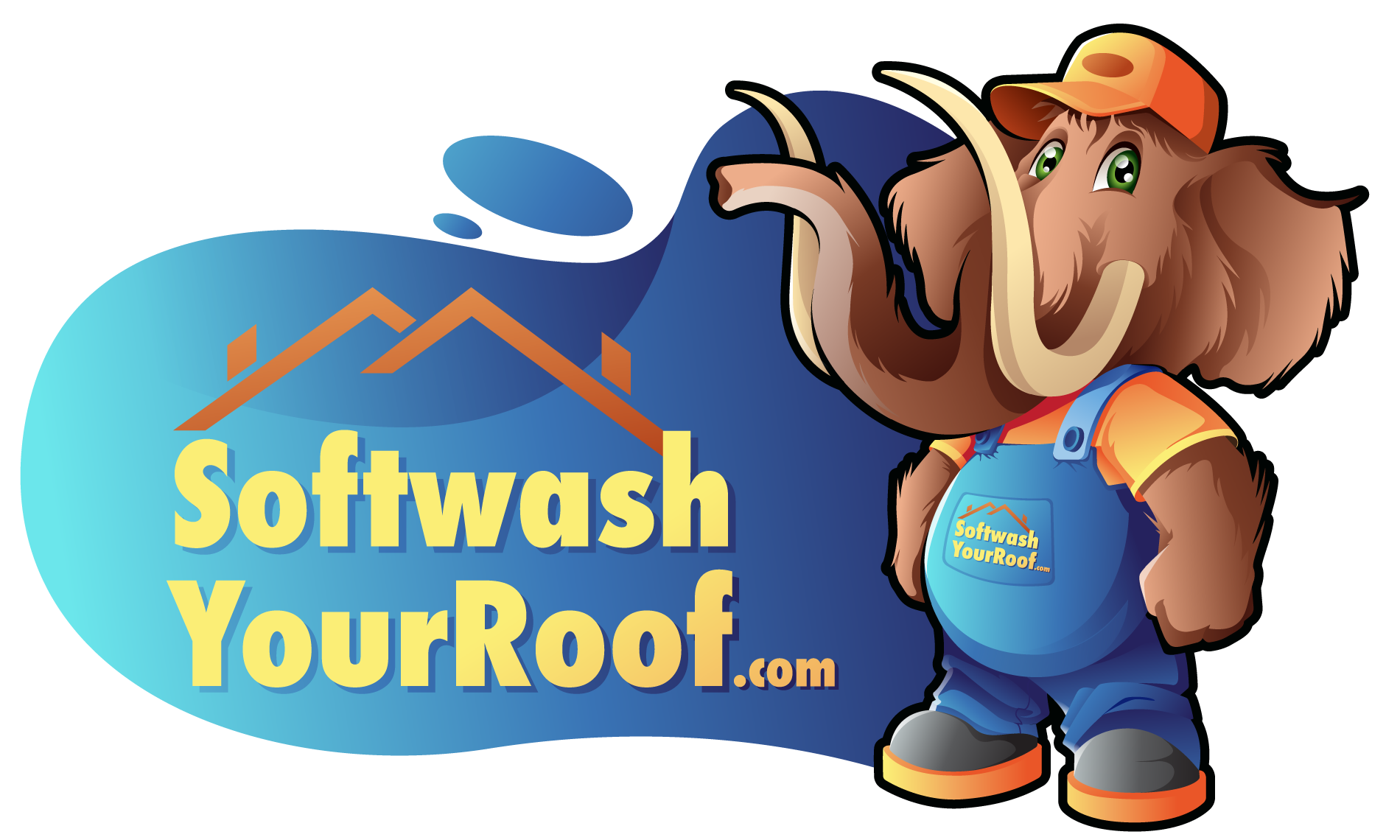
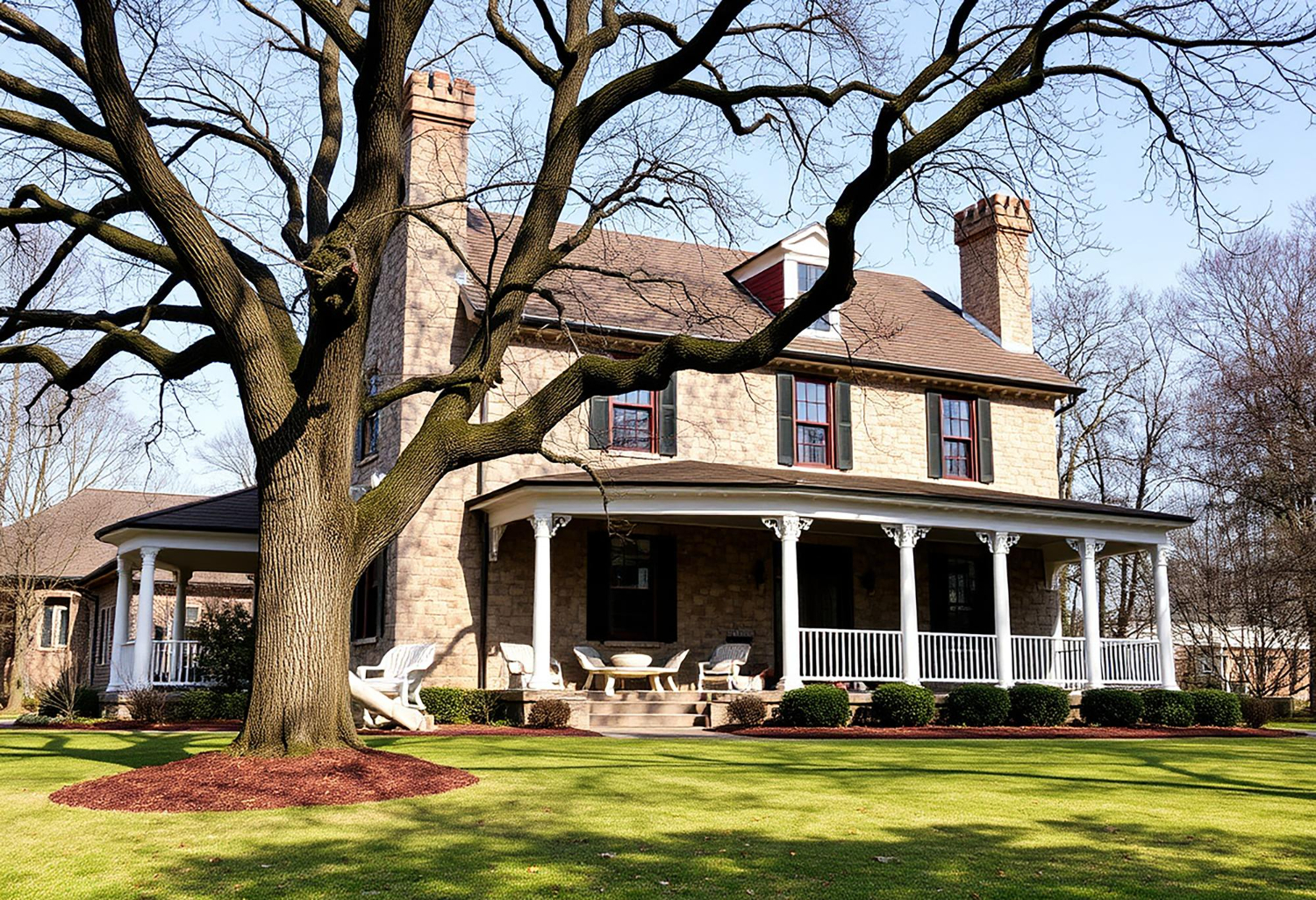
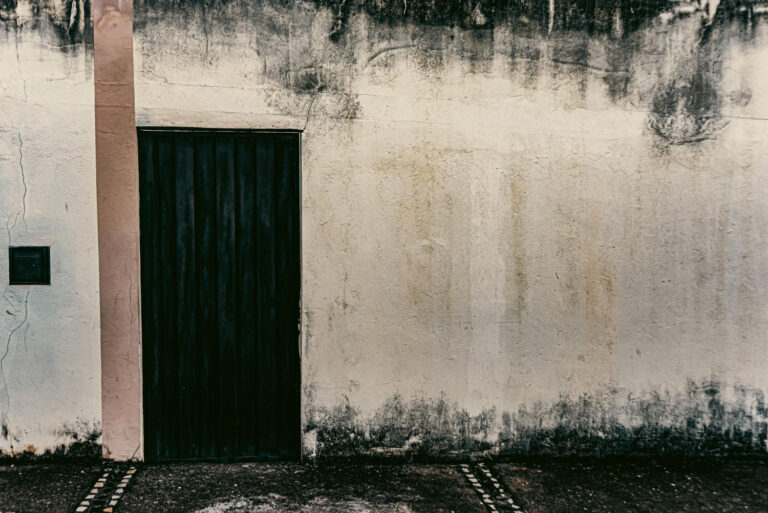
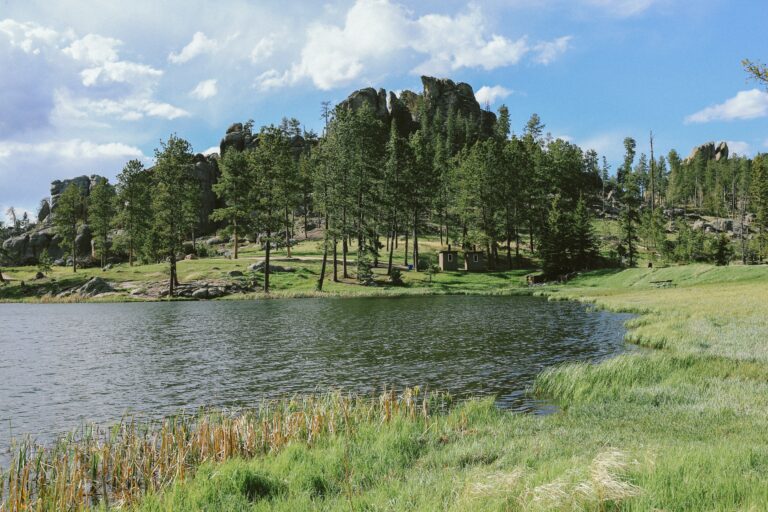
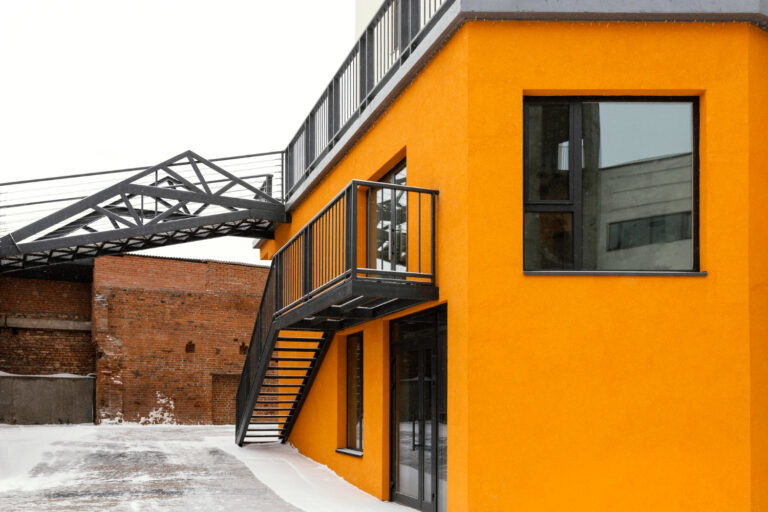
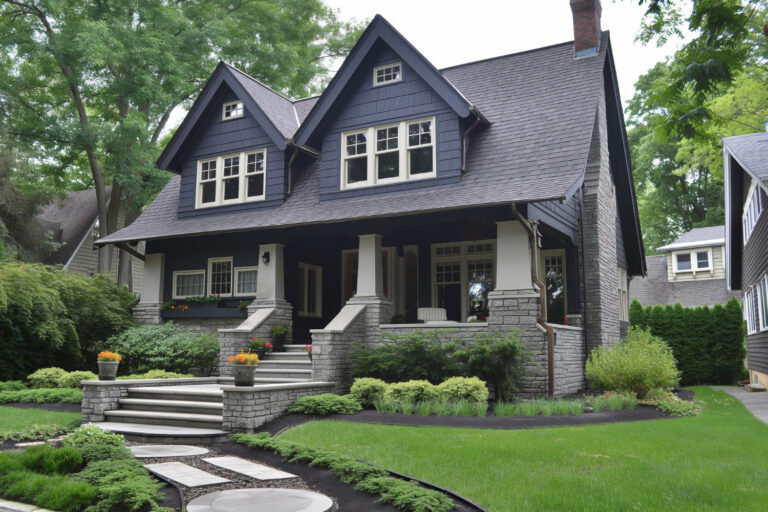
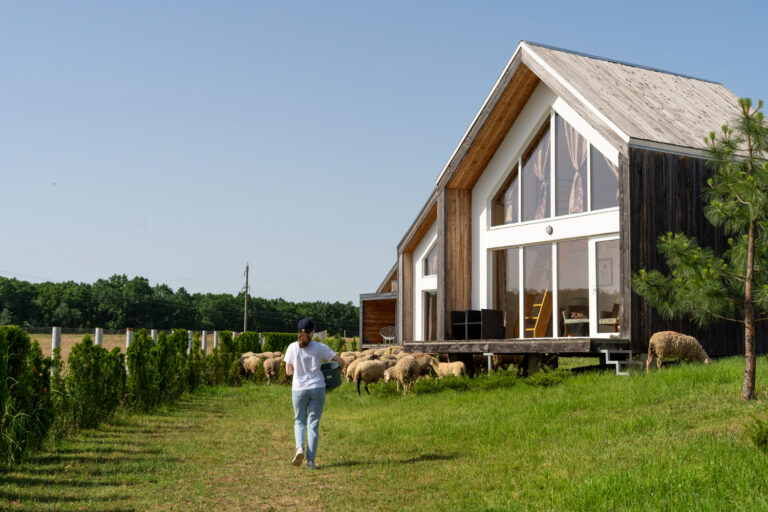
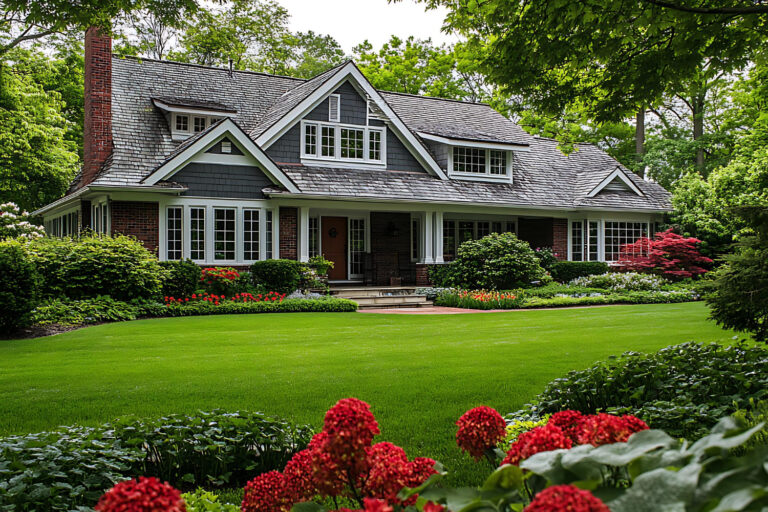

One Comment
Comments are closed.